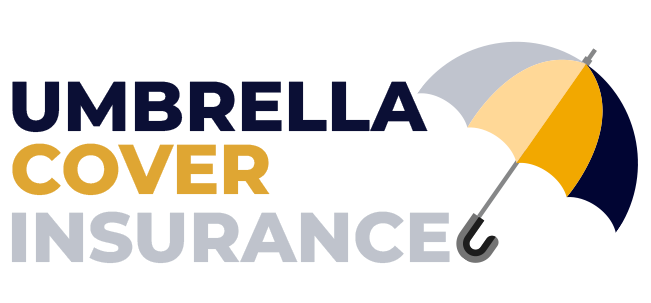Life is unpredictable, and unexpected events can occur at any moment. In some cases, you may find yourself facing a situation where you’re liable for damages or injuries to others. When such incidents happen, knowing when it’s necessary to file a personal liability claim with your insurance provider becomes crucial. In this blog article, we’ll delve into the circumstances that warrant filing a personal liability claim and guide you through the process.
Understanding Personal Liability Coverage
Personal liability coverage is a vital component of insurance policies, including homeowners, renters, and umbrella insurance. It protects you financially if you’re found responsible for causing harm to someone else or damaging their property. This coverage typically extends beyond your home or vehicle, providing protection wherever you go.
When to File a Personal Liability Claim
Accidents on Your Property: If someone is injured on your property due to negligence or unsafe conditions, such as a slip and fall, it’s essential to file a personal liability claim. Your insurance can cover medical expenses, legal fees, and potential settlements.
Accidents Involving Your Vehicle: If you’re involved in a car accident where you’re at fault and someone else is injured or their property is damaged, you should file a personal liability claim with your auto insurance provider. This coverage helps pay for the other party’s medical bills, vehicle repairs, and legal expenses.
Personal Injury Claims: If you’re facing a personal injury claim, such as defamation, libel, or slander, it’s necessary to file a personal liability claim with your insurance provider. This coverage can help cover legal fees, settlements, and damages awarded against you.
Damage to Someone Else’s Property: If you accidentally damage someone else’s property, whether it’s a vehicle, home, or personal belongings, you should file a personal liability claim. Your insurance can cover the cost of repairs or replacement, as well as any legal expenses if the matter escalates.
How to File a Personal Liability Claim
Notify Your Insurance Provider: Contact your insurance provider as soon as possible after the incident occurs. Provide them with all relevant details, including the date, time, location, and description of the incident, as well as the names and contact information of any involved parties or witnesses.
Cooperate with the Claims Process: Work closely with your insurance claims adjuster to provide any necessary documentation, such as photographs, police reports, or medical records. Be honest and transparent throughout the process to ensure a smooth resolution.
Review Your Coverage: Familiarize yourself with your policy coverage limits, deductibles, and exclusions. Understand what your insurance will and won’t cover in the event of a liability claim.
Seek Legal Advice if Necessary: If you’re facing a complex or contentious liability claim, consider seeking legal advice from a qualified attorney. They can help protect your rights and ensure that you receive fair treatment throughout the claims process.

